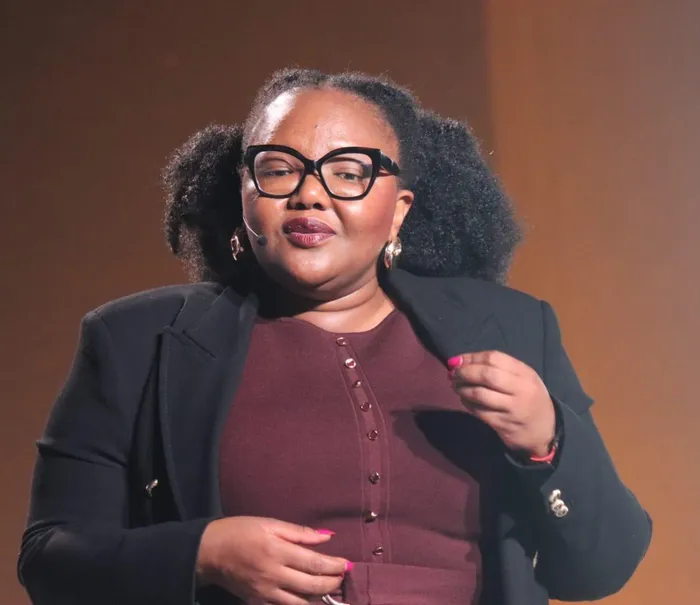New advisory council to address challenges in South Africa's education sector

Basic Education Minister Siviwe Gwarube is set to appoint a new advisory council to look at pressing issues in the sector.
Image: File
THE Department of Basic Education plans to review whether the progression and promotion programme in schools is still achieving their intended goals.
This review will focus on all the requirements, including the policies that dictate the conditions under which pupils can pass or be promoted from each grade.
During a meeting with members of the National Council of Provinces (NCOP) this week, Minister of Basic Education Siviwe Gwarube said the progression matter will be one of the issues that she will be setting up. The department is set to table its budget today.
While briefing the NCOP members, Minister Gwarube highlighted the importance of improving the state and quality of education in the country.
“As a sector, we also need to take an honest look at how we can strengthen public trust in our public schooling system, taking into account the growth of independent schools and notable increases in home education registrations,” she stated.
She mentioned that part of this review will involve examining various aspects to reduce the administrative burdens on teachers.
“I will activate an advisory body, the National Education and Training Council, in the coming weeks to advise me on a range of matters that are relevant here. “This advisory body will review the resourcing model for public schools, explore ways to reduce administrative burdens on teachers, and consider whether the progression and promotion requirements remain fit for purpose,” she said.
The minister’s spokesperson, Lukhanyo Vangqa, stated that the council will look at a range of issues. “There are a number of promotion requirements in our system, including performance requirements in the home language and minimum marks for three subjects. All these will be subject to review by the new National Education and Training Council. “We are not targeting any particular provision but reviewing with the intention of strengthening the system.”
Education expert Professor Labby Ramrathan asserted that the progression policies are still valid.
“These policies are set up for two reasons: first, if a child fails more than once, they are progressed through the other classes; and second.
“The policy was established to address key issues, such as a high population of pupils but low school infrastructure. We have few teachers and few schools. If a child fails, that creates specific issues. For instance, having a 22-year-old still in high school can lead to problems like bullying.
“Therefore, these policies are in place to ensure age-appropriate progression. Furthermore, these are not unique to South Africa; they are global policies,” he said. He noted that the negative perception surrounding these policies stems from a lack of communication.
“The public outcry suggests that if a student receives 30%, they pass. That is not the case; they are being progressed provided they have passed other subjects. Remember there are key subjects that each pupil must pass to progress.”
Speaking on the issue of teacher workload, the professor expressed concern about the strict accountability regime in schools that detracts from teachers’ time for marking and lesson preparation. He suggested that this could be addressed to streamline education for greater efficiency.
Sibusiso Malinga of the National Teachers’ Union (Natu) welcomed any initiative aimed at improving the quality of education. "If they want to review the progression and promotion requirements for pupils, we welcome that. We believe it is a good idea, and we will engage with them once they have tabled a working document."
However, he expressed scepticism about the proposed plan to reduce the administrative workload on teachers. “To us, this is merely lip service at present. Every minister that has come before her has known that teachers in schools are overloaded with work.
“Reducing that means they have to come up with funding. Even if they have a budget increase this year, it is not enough to undo the damage caused by budget cuts over the past few years. “The provinces do not have the resources to hire more teachers or create more classrooms — things that would be required to ease the workload on teachers,” he said
Related Topics: